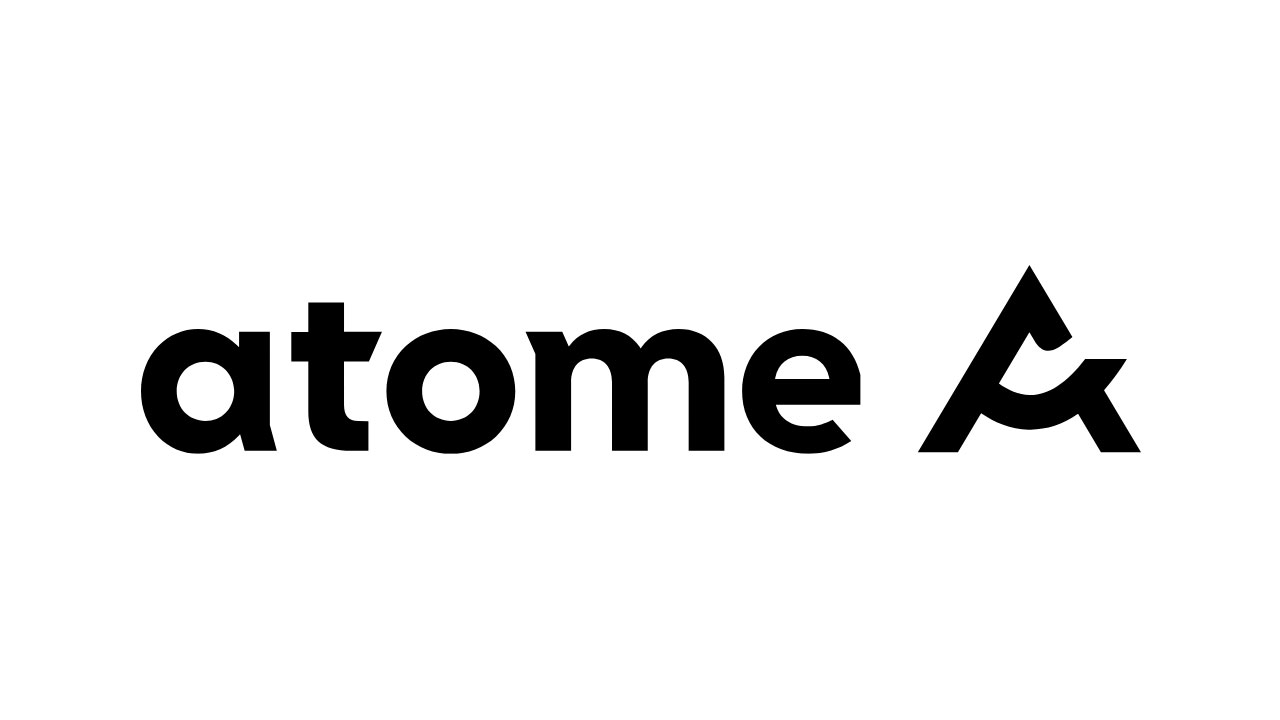Atome secures $75-M financing facility to expand in the Philippines

BUY NOW, PAY LATER provider Atome has secured a $75-million asset-backed financing facility from Lending Ark to fund its continued expansion in the Philippines.
“This strategic financing from Lending Ark Asia Secured Private Debt Fund… will further Atome’s mission in the Philippines to improve access to risk-managed, responsible and sustainable credit products for Filipino consumers,” it said in a statement on Monday.
“The Philippines is a key growth market for Atome. This financing reflects the continued confidence in Atome’s ability to deliver inclusive, risk-managed credit at scale. Lending Ark also supports our business in Indonesia and this latest expansion underscores the strength of our long-standing partnership. We’re grateful for their trust as we deepen our reach and empower more Filipinos with the tools to manage their finances responsibly,” Atome Chief Commercial Officer Andy Tan said.
Atome is part of Singapore-headquartered Advance Intelligence Group’s wallet platform Atome Financial, which is backed by investors including SoftBank Vision Fund 2 and Warburg Pincus. It is active in the Philippines as a buy now, pay later firm. It also offers insurance, savings, cards and lending services across Southeast Asian markets.
Lending Ark, advised by CITIC Securities CLSA Capital Partners (HK) Ltd., focuses on secured private credit opportunities in Asia-Pacific. It has invested $1 billion across the region.
“Atome has cemented its position as a leading fintech (financial technology) player in Southeast Asia thanks to its unique strengths in credit risk management, responsible lending, and consumer empowerment.
We’re excited to support Atome in the Philippines, a high-growth market with increasing demand for accessible, affordable credit and mobile-first financial solutions,” said Carol Lee Park, managing director of Lending Ark.
Atome Financial, which is comprised of Atome and Kredit Pintar, said it achieved profitability last year supported by a 45% increase in its revenues to $280 million and the 35% rise in gross merchandise value to $2.5 billion.
It also attributed its strong results to product portfolio profitability optimization and operational efficiency through the use of generative artificial intelligence across customer service, collections and product sales. — A.R.A. Inosante with Reuters



